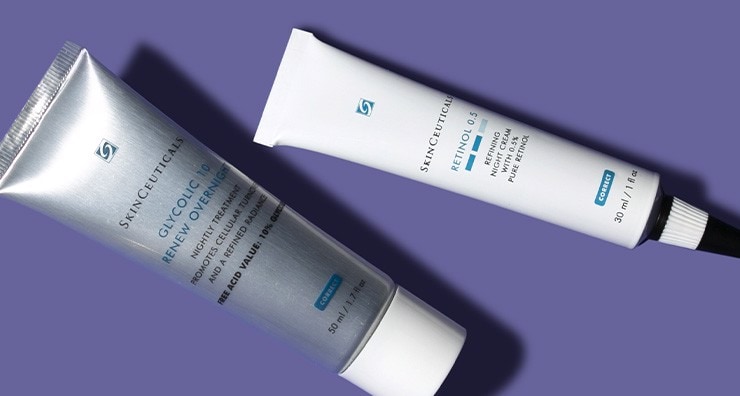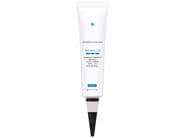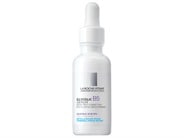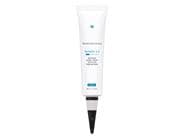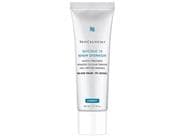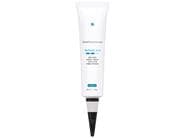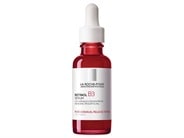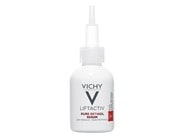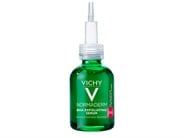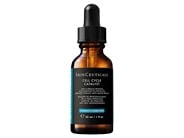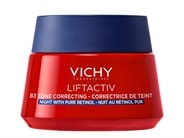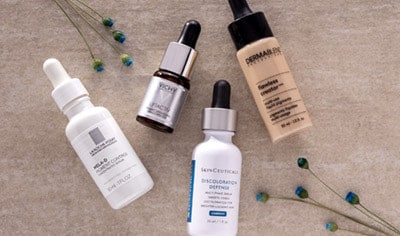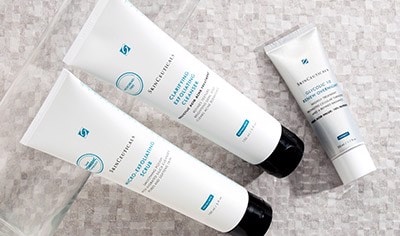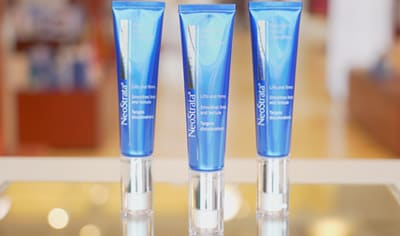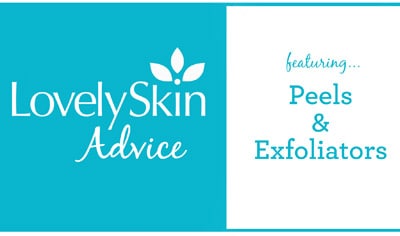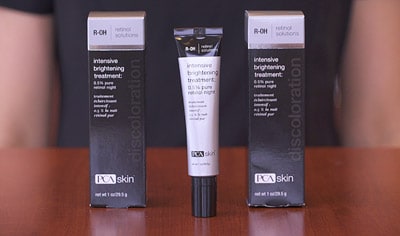Dermatologists agree that glycolic acid and retinol are two of the most important ingredients in preventing and treating signs of aging. But, what do they do exactly? When considering glycolic acid vs. retinol, how do you know which is right for your skin type? We’re breaking down everything you need to know about glycolic acid and retinol, including:
Glycolic acid is a water-soluble alpha hydroxy acid derived from sugar cane that is common ingredient featured in a variety of skin care products, from cleansers to exfoliators. “I have been a huge proponent of glycolic acid as it is a chemical exfoliator, which means it doesn't strip the skin of its natural oils,” says board-certified dermatologist and LovelySkin founder and CEO Dr. Joel Schlessinger. “Instead, glycolic acid works by gently loosening the dead layer of skin on the surface, revealing the glowing epidermis below.” Since glycolic acid helps slough off the top layer of dead skin cells, it also allows for better penetration of your face treatment products, making it effective in treating issues with skin discoloration, acne, rough texture and large pores.
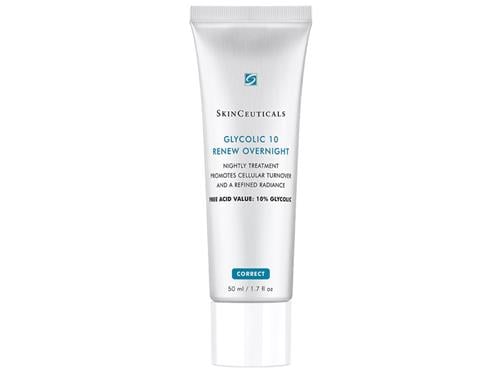
If you struggle with any of these issues yourself, try the SkinCeuticals Glycolic 10 Renew Overnight. It’s an over-the-counter yet advanced glycolic acid treatment that uses a free acid value of 10% glycolic acid to provide deep exfoliation, which improves skin tone and texture.
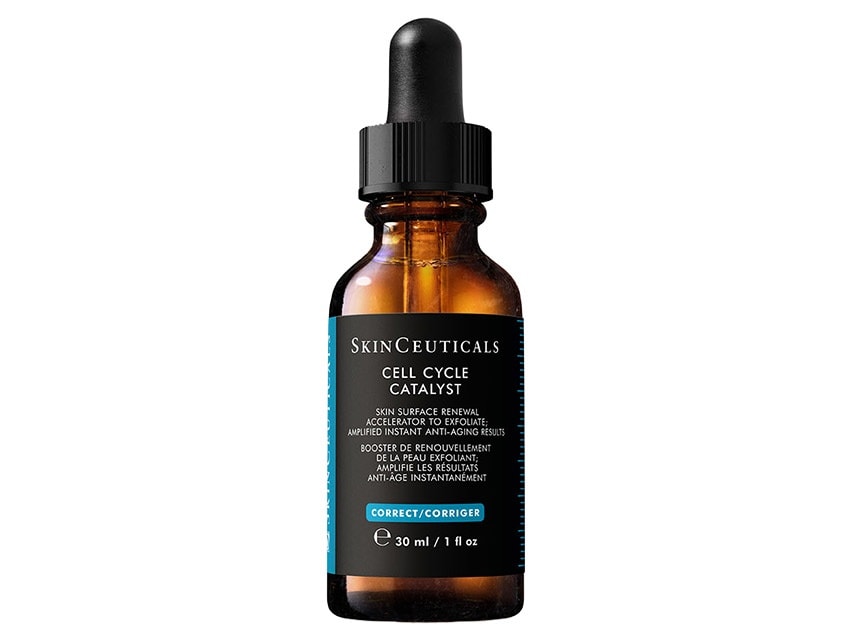
Incorporating an anti-aging face serum such as SkinCeuticals Cell Cycle Catalyst is another way to incorporate glycolic acid into your skin care routine. This formula features 1% taurine to boost skin cell renewal cycles and a 7.7% multi-acid complex that includes glycolic acid as well as salicylic, mandelic, and phytic acids. Together, these ingredients help fade discoloration, reduce the appearance of blemishes and fine lines and increase radiance.
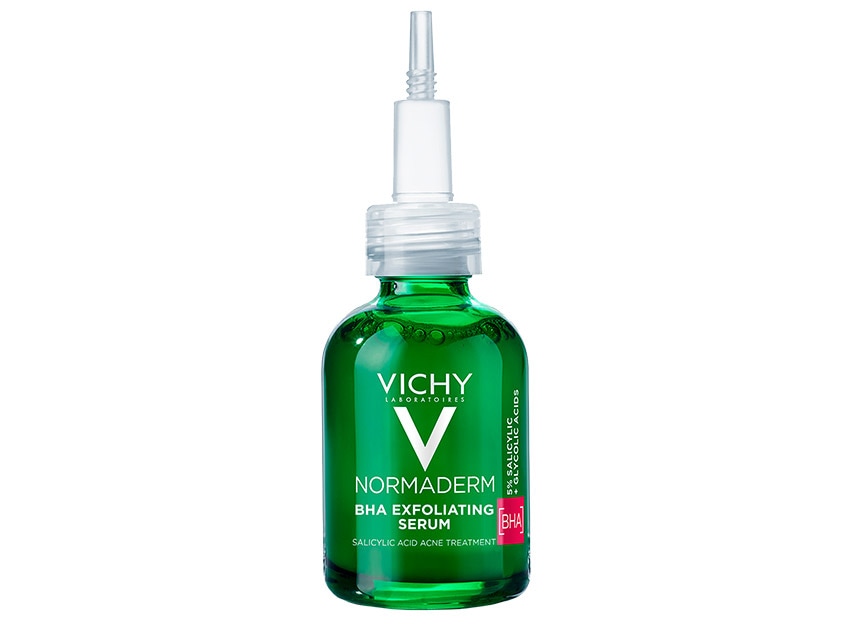
Another option is Vichy Normaderm BHA Exfoliating Serum. This fast-absorbing facial serum combines glycolic acid with salicylic acid, a beta hydroxy acid that also has acne-fighting powers. Together, these two ingredients help to clear up existing pimples, blackheads and whiteheads and prevent future breakouts from forming.
Retinol is a derivative of vitamin A and comes in a multitude of strengths and iterations. Considered the gold standard in effective anti-aging, retinol helps encourage cellular turnover deep beneath the skin to help boost collagen production, which in turn improves the look of wrinkles, sun damage, large pores, acne and more.
However, retinol is not a one-size-fits-all type of skin care ingredient. In its strongest concentrations, retinol has been known to irritate the skin’s moisture barrier, resulting in flaking, dryness and skin redness.
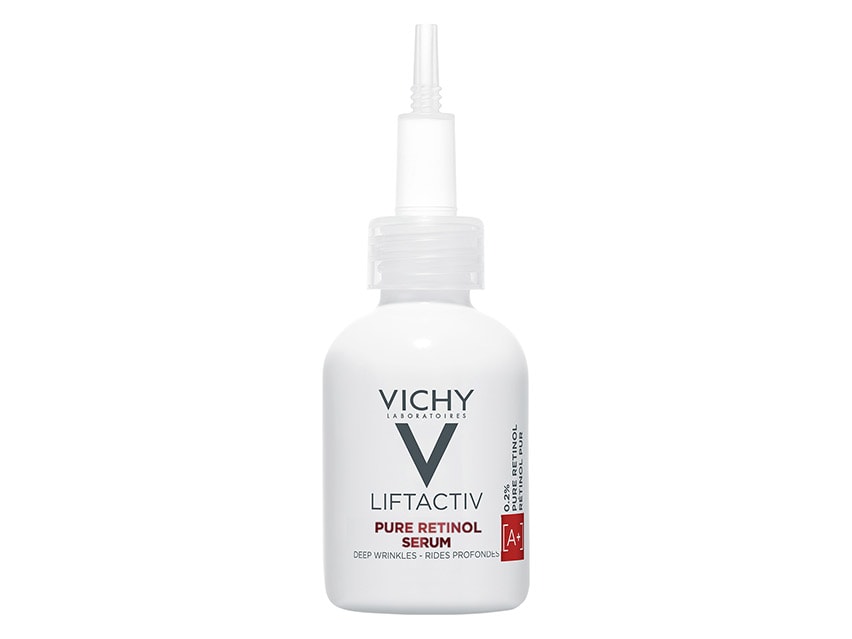
New retinol users should start with a lower concentration retinol cream, such as Vichy LiftActiv B3 Pure Retinol Night Cream, and work their way up to higher percentages as skin adapts. This night cream has 0.15% retinol and 4% niacinamide to help balance uneven skin tone while you sleep.
Another more gentle retinol for beginners is Vichy LiftActiv Pure Retinol Serum, which has 0.2% retinol to help encourage cell renewal and improve the appearance of wrinkles and discoloration. It also contains peptides to help firm your skin as well as vitreoscilla, a prebiotic ferment, to help support your skin’s moisture barrier.
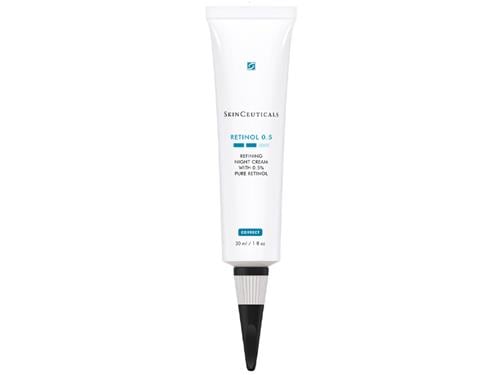
Once you’ve tried a low-concentration retinol, you can work your way up to higher percentages for more advanced treatment. SkinCeuticals offers retinol night creams in three percentages: SkinCeuticals Retinol 0.3 Refining Night Cream, SkinCeuticals Retinol 0.5 Refining Night Cream, and SkinCeuticals Retinol 1.0 Maximum Strength Refining Night Cream.
These advanced nighttime treatments use respective concentrations of 0.3%, 0.5% and 1% pure retinol in a time-released formula to ensure you receive a steady delivery of benefits as you sleep. Bisabolol, which is similar to chamomile, is also used in these formulas to help calm and soothe any potential irritation.
When deciding between glycolic acid and retinol and determining which of these two powerhouse ingredients you should be using, there are a few things to consider. These include your age, your skin type and any skin conditions you struggle with.
Overall, glycolic acid is a milder skin care ingredient in comparison to retinol, making it easier to try first. Start first by incorporating a glycolic acid product into your daily routine in your twenties, then consider adding retinol into your skin care regimen by your thirties when collagen and elastin production starts to slow down a bit more.
It’s also important to consider how each ingredient uniquely benefits the skin. Glycolic acid sloughs away dead skin cells on the surface, revealing fresher cells beneath. Whereas retinol works on a deeper level to encourage collagen and elastin production. Both help with cell renewal and provide many of the same benefits to the skin in different ways.
Overall, if you want to improve uneven texture, oiliness and clogged pores, we recommend turning to a glycolic acid treatment for help. If you want to prevent and address fine lines, wrinkles and sun damage, then retinol is your best choice! When dealing with acne, both glycolic acid and retinol products can be very beneficial.
If both of these ingredients can help improve skin, can you use glycolic acid and retinol together to reap all the benefits? It turns out you don’t have to choose between glycolic acid vs. retinol. It’s possible to add both glycolic acid and retinol safely into your skin care routine with a few guidelines to keep in mind.
“I don’t recommend using glycolic acid and retinol at the same time initially,” Dr. Schlessinger says. Begin by using glycolic acid once a week and see how your skin reacts. Then incorporate a retinol product once a week and do the same. “Once your skin has become accustomed to both glycolic acid and retinol, you can work your way up to alternating the products nightly. Some amount of peeling, flaking and redness is normal, but if it seems extreme or is very uncomfortable, discontinue use and call your dermatologist’s office for guidance.”
If you are new to glycolic acid and retinol, we recommend trying La Roche-Posay Retinol B3 Serum and La Roche-Posay Glycolic B5 Dark Spot Corrector. Both serums are elegantly formulated to harness the rejuvenating powers of glycolic acid and retinol while soothing the skin with nourishing ingredients like niacinamide and hyaluronic acid.
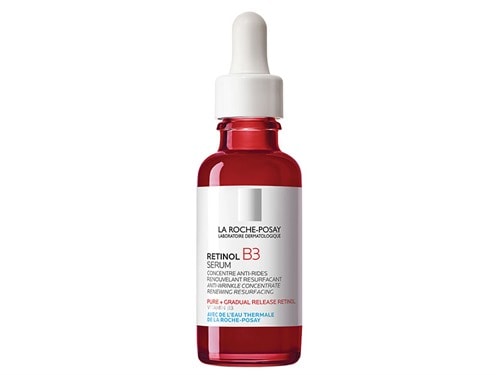
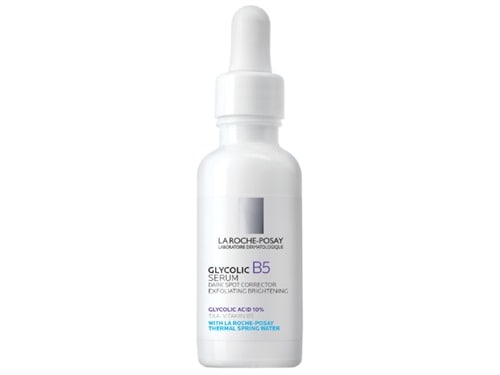
Can you mix glycolic acid and retinol?
If you’re trying to save time with your skin care routine, you might be wondering if you can safely mix your glycolic acid and retinol products together and apply them at once. “I wouldn’t recommend mixing glycolic and retinol serums together to use simultaneously,” Dr. Schlessinger says. “Working up to alternating every other night with these products is the best approach to take to avoid irritation.”
Using exfoliating ingredients such as glycolic acid and retinol can increase your skin’s sun sensitivity, so wearing a broad-spectrum sunscreen is crucial. You can check out some of our favorite tinted facial sunscreens on the LovelySkin Blog.


